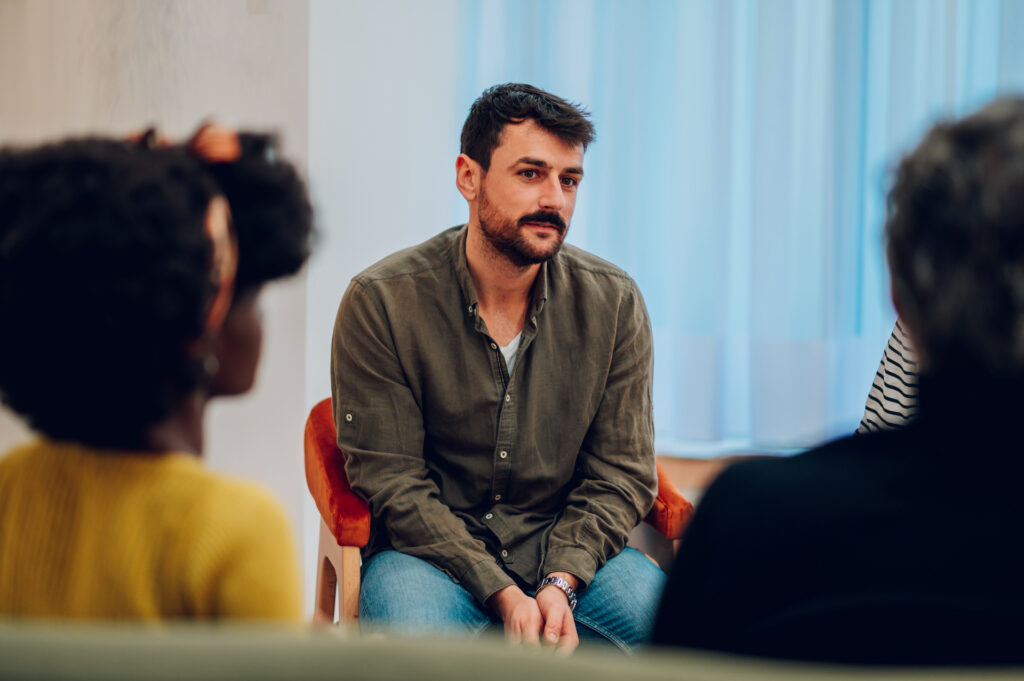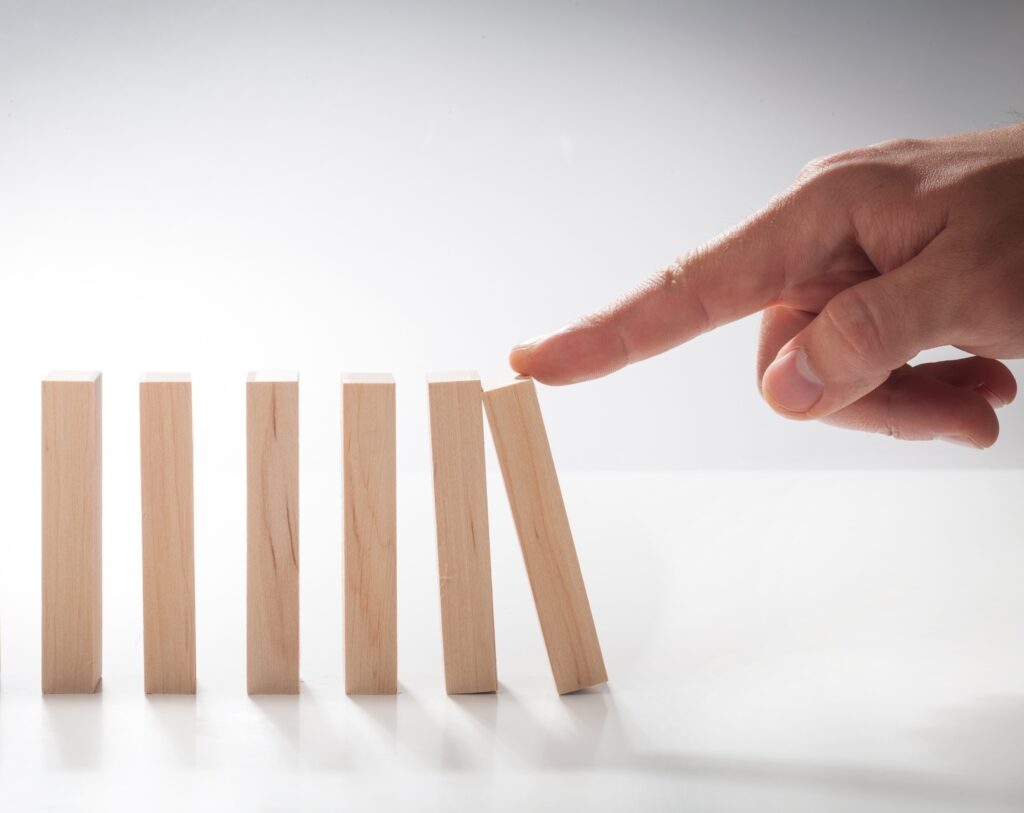If you’ve been around addictions for any amount of time, the concept of consequences is probably familiar. But just to get us all on the same page, let’s define consequences here as the real-world effects of the actions we take on our own lives and the lives of others.
As treatment centre professionals, we’ve seen firsthand the incredible and transformative power of making one’s own choices and living with the consequences.
However, we also know that consequences can be a really heavy topic, especially in the context of addiction and recovery. In this article, we’ll look at the power of choice and the learning opportunities that consequences provide, as well as some areas of addictions treatment and recovery where the learning from consequences simply falls short.
Making Choices Helps Us Grow
Consequences can come in many flavours. In the context of addiction treatment and recovery, we often talk about the negative consequences of problematic substance use. Ultimately, consequences—whether positive or negative—are a product of choice.
Making your own choices is fundamental to personal growth and development. That’s why, at Sunshine Coast Health Centre and Georgia Strait Women’s Clinic, we do so much work around the concept of authorship. In fact, helping clients get to the self-authoring stage of development is one of our most significant goals in terms of clients’ recovery. We’ve even developed a guide for families to help encourage authorship in their loved ones when they return home.
Indeed, we recognize that when people take control of their lives, they’re more likely to:
- Develop a sense of purpose and direction
- Build confidence and self-esteem
- Overcome their fears and doubts
- Reach personal and professional goals
- Achieve lasting recovery
But choice is a double-edged sword, with consequences—both good and bad—appearing in our lives as the shadows of our choices. And sometimes, those shadows can be heavy.

The Consequences of Choice
While making choices has all of the wonderful benefits we explored above, it’s also important to acknowledge that making choices can result in negative consequences—and sometimes irreversible—consequences. And when we make a choice, we must be prepared to live with those consequences.
For example, choices we make might result in feelings of guilt and shame, which are exceedingly common feelings in the worlds of addiction and recovery. Or our choices might lead us or our loved ones to suffer.
At our centres, we don’t shy away from any of the above. In fact, we believe that discomfort has a lot to teach us whenever it rears its awkward head in our lives. In essence, when we allow ourselves to feel those big feelings, we make room for our consequences to steer us towards actions that are more aligned with our values.
Of course, if addictions treatment and recovery was merely a matter of reflecting on consequences and sitting with our heavy feelings, it would be a heck of a lot easier. Alas, there are other factors that steer us in less desirable directions, such as the physically and psychologically addictive nature of many substances, the social patterns that make substances part of our routine, and the systemic factors that serve to keep people addicted.
What’s more, the landscape of consequences has shifted dramatically in recent years.

Consequences In The Era of The Opioid Crisis
What does it mean to learn from consequences during an opioid crisis? At a time when the chances of dying of overdose are at unprecedented levels, is reflecting on consequences still a viable strategy?
Certainly not for the deceased individual; death leaves no room for learning, reflection, or change. And indeed, in the world of substance use, death ends up being the ultimate consequence for many.
Even for those who are left behind, death is not a learning opportunity; it’s a tragedy.
In the era of the opioid crisis, some consequences are best avoided.
Getting Support Is Key
In summary, taking responsibility for our choices (i.e. authorship) is an integral aspect of recovery. Further, reflecting on the consequences of our actions can give us the insight we need to make better choices, but it’s ultimately just one of the many different tools and approaches that can support recovery. Curious about other ones? Get in touch!
Sunshine Coast Health Centre and Georgia Strait Women’s Clinic are world-class centres for addiction treatment and mental health through a holistic approach that considers the physical, psychological, social and spiritual aspects of individuals in treatment and recovery. If you or someone you know is struggling with substance use or mental health, give us a call today.



